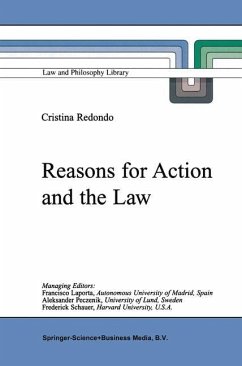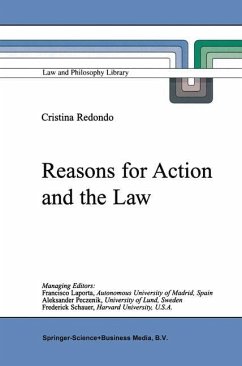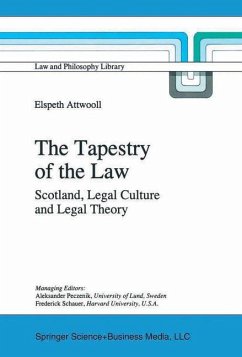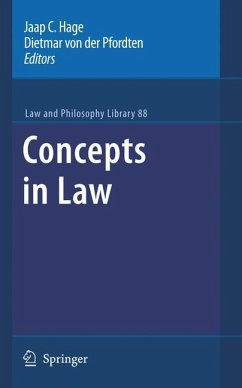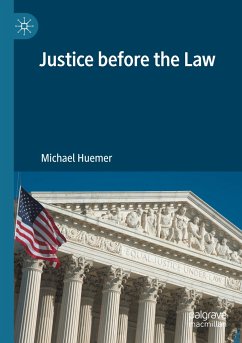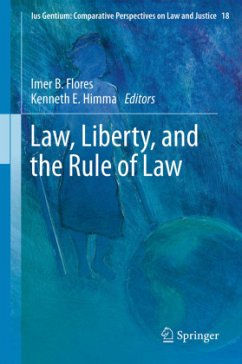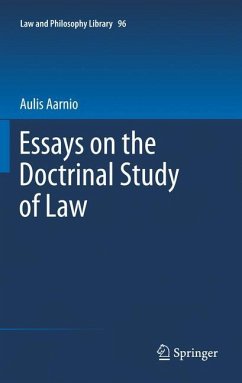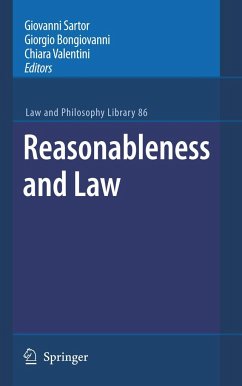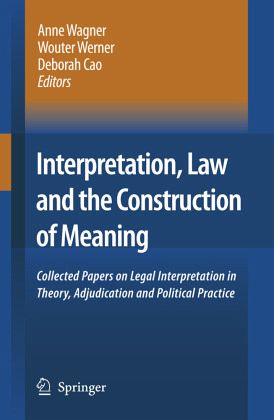
Interpretation, Law and the Construction of Meaning
Collected Papers on Legal Interpretation in Theory, Adjudication and Political Practice
Herausgegeben: Wagner, Anne; Werner, Wouter; Cao, Deborah
Versandkostenfrei!
Versandfertig in 6-10 Tagen
76,99 €
inkl. MwSt.

PAYBACK Punkte
38 °P sammeln!
Legal semiotics emphasizes the contingency and fluidity of legal concepts and stresses the existence of overlapping, competing and coexisting legal discourses. In response to new problems, changing power structures, changing societal norms and new faces of injustice established doctrines are reconsidered, reformulated and partly replaced by competing doctrines and hypotheses. Given the relative indeterminacy of law, it is no surprise that the problem of interpretation has always been one of the focal points of attention for legal semiotics. Who has the power to define words and concepts? Who c...
Legal semiotics emphasizes the contingency and fluidity of legal concepts and stresses the existence of overlapping, competing and coexisting legal discourses. In response to new problems, changing power structures, changing societal norms and new faces of injustice established doctrines are reconsidered, reformulated and partly replaced by competing doctrines and hypotheses. Given the relative indeterminacy of law, it is no surprise that the problem of interpretation has always been one of the focal points of attention for legal semiotics. Who has the power to define words and concepts? Who can successfully assume the power to speak on behalf of the legal community? Which methods are used to justify the power to define?
This book discusses the questions mentioned above from three, related perspectives:
-Legal theory (Part I).
-Judicial reasoning (Part II).
-Application of law in politics and diplomatic practice (Part III).
This book discusses the questions mentioned above from three, related perspectives:
-Legal theory (Part I).
-Judicial reasoning (Part II).
-Application of law in politics and diplomatic practice (Part III).





